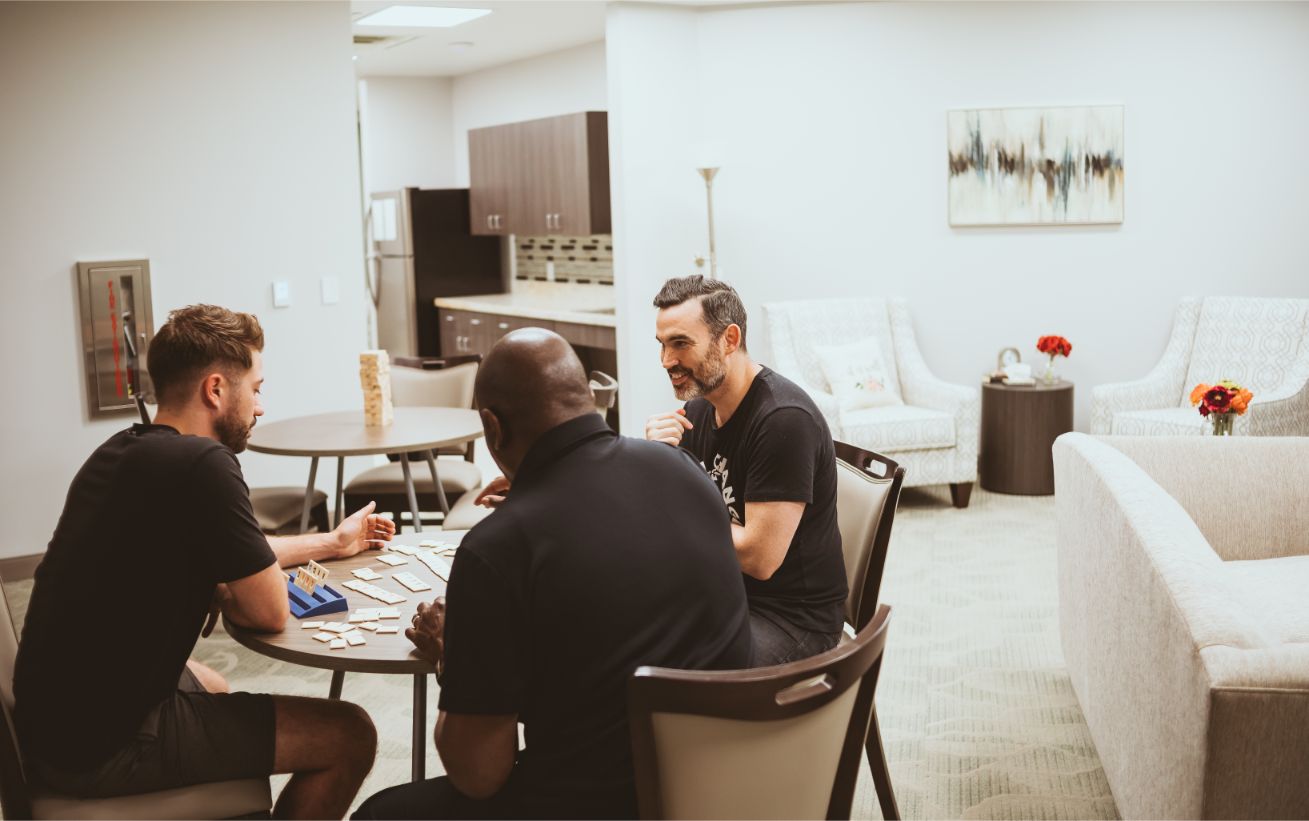What is Peer Recovery Support?
Peer Recovery Support is a powerful approach where individuals in long-term recovery help others currently facing substance use challenges. By sharing lived experiences, offering encouragement, and fostering mutual respect, peer support helps people stay engaged in recovery and reduce the risk of relapse.
These services extend beyond clinical treatment, offering real-life support in everyday environments—helping individuals build sustainable, long-term recovery.
Roles of a Peer Recovery Support Specialist:
-
Advocacy – Standing up for the rights and needs of those in recovery
-
Resource Sharing – Connecting individuals to helpful tools and services
-
Skill Building – Empowering others with life and recovery skills
-
Mentorship – Offering guidance, encouragement, and accountability
-
Community Engagement – Facilitating groups and fostering relationships
Why Peer Recovery Support Works
-
Lived Experience: Peer supporters relate authentically to recovery challenges
-
Social Connection: Helps reduce isolation and increase engagement
-
Life Skills & Hope: Builds confidence and promotes better choices
-
Fills Treatment Gaps: Bridges clinical care with real-world support
Peer support does more than help people recover—it transforms lives, communities, and the recovery culture itself.
The Need for Continued Research
While current evidence highlights the positive impact of peer recovery support, more rigorous research is needed to strengthen its recognition and integration in treatment systems. Continued studies can unlock its full potential and drive broader adoption.


